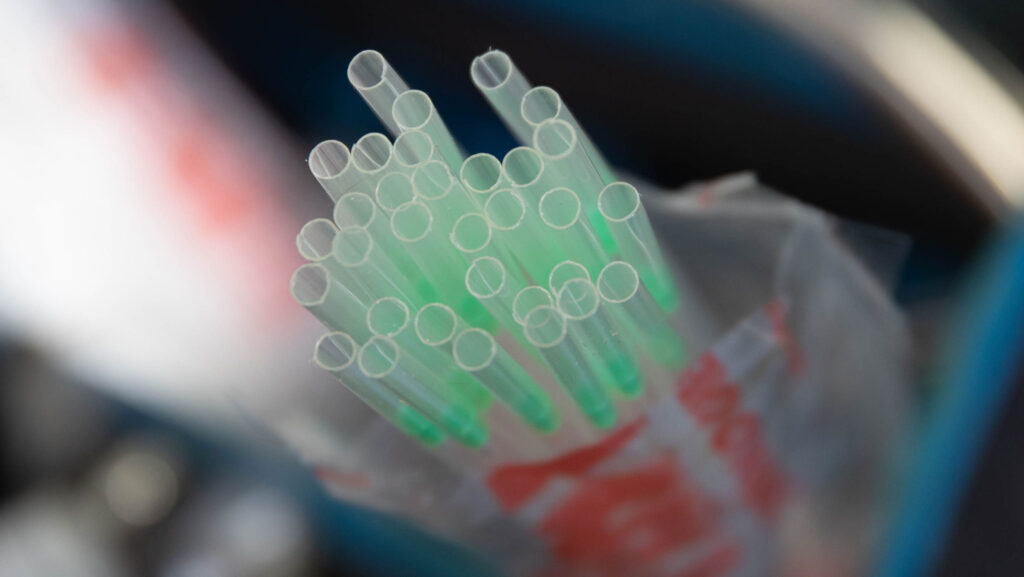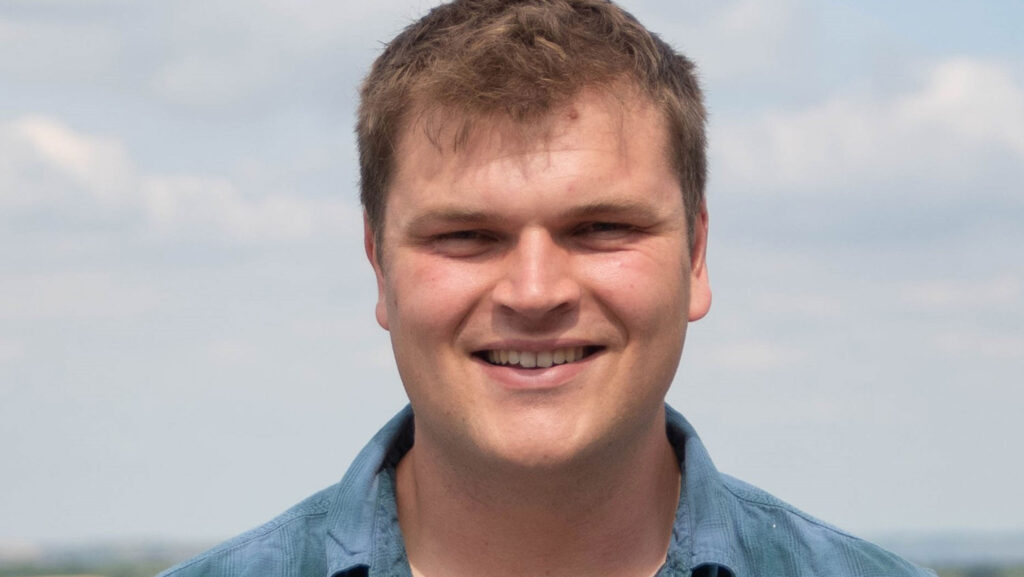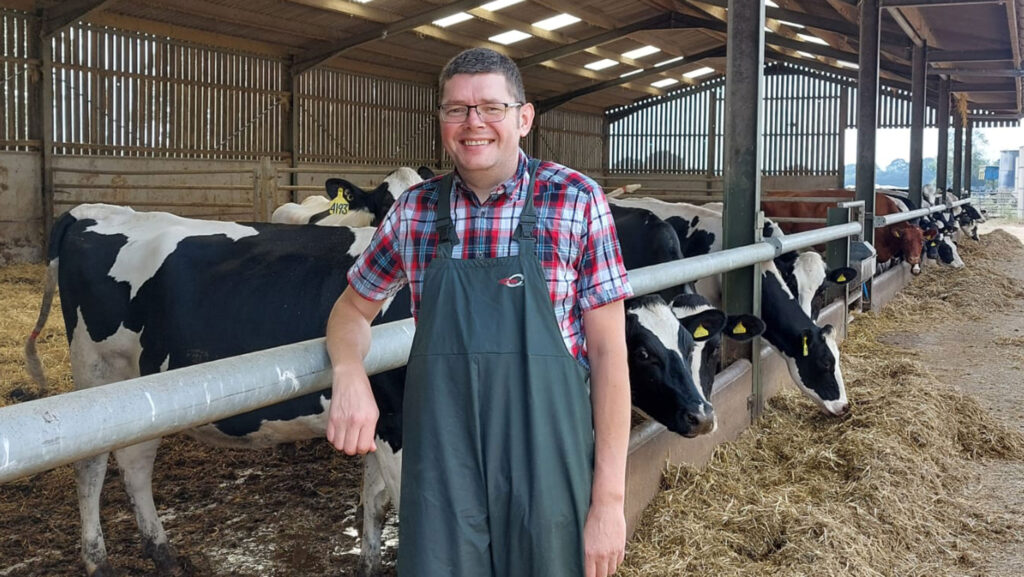Cattle conference to debate future breeding goals for industry
 © Tim Scrivener
© Tim Scrivener The role of dairy beef cattle in regenerative farming systems, and obstacles challenging the progress of UK dairy genetics, are among the topics under discussion at the upcoming 2025 British Cattle Breeders Conference (BCBC).
“The Herd of the Future” is the theme at this year’s conference, which returns to Telford, Shropshire, from 20-22 January.
The aim is to explore how cattle breeding can embrace change to meet production and environmental targets.
See also: Tips on starting out in dairy beef production
An interactive workshop on the opening day will be followed by beef presentations on 21 January, with the third day devoted to dairy presentations.
Dairy beef in wood pasture
One of the beef day speakers is Will Mayor, farms development manager at Yeo Valley Farms, where dairy beef cattle are grazing 250ha (618 acres) of woodland to help create woodland pasture.

Will Mayor © BCBC
Native Angus-cross dairy beef animals, bred from the farms’ 320 British Friesian dairy cows, are key to the ecosystem.
They mob-graze on 6.5ha (16-acre) areas for between half a day and three days, with virtual fence collars controlling animal movements using GPS.
“The cattle trample the shrubs and brambles, and it stimulates the germination of the ancient seed bank,” explains Will.
The aim is to grow the woodland pasture to 405ha (1,000 acres).
By 2026, Will hopes they will be finishing 250 head of beef.
Yeo Valley Farms hopes to create a blueprint to help other farmers understand how they can manage similar systems.
Dairy genetics
Cheshire dairy farmer and former sire analyst Andrew Rutter will be exploring what is holding back UK dairy genetics on day three of the conference.

Andy Rutter © BCBC
He believes complicated semen contracts imposed on dairy farmers by genetics companies could be preventing farmers from maximising genetic gain.
“One-third of the top 100 profitable lifetime index bulls have contracts farmers are required to sign for intellectual property.
“These might state that if you have a bull calf, he can’t be used for breeding on the farm, or the company would retain a right to buy any potential offspring, or even where semen can’t be used,” explains Andrew, who worked for a genetics company for 20 years.
Furthermore, he reckons net merit indices used to rank dairy animals in the US, where many bulls marketed by genetics companies originate, are too crude for the UK market.
“Net merit is a global index, but I’m not a global farmer.
“I’m not concerned about fat or yield on a US basis,” he says.
Debate
BCBC chairman Andy King says: “The conference is a great chance to debate the issues of the day and see how our cattle industry is shaping up for the future in terms of delivering its responsibilities in both producing food and looking after our scarce resources.
“It also presents great networking opportunities, alongside catching up with contacts, old and new.”
The full conference agenda, including all the speakers, is available to view online.
For further information, or to book a place, email heidi.bradbury@cattlebreeders.org.uk
